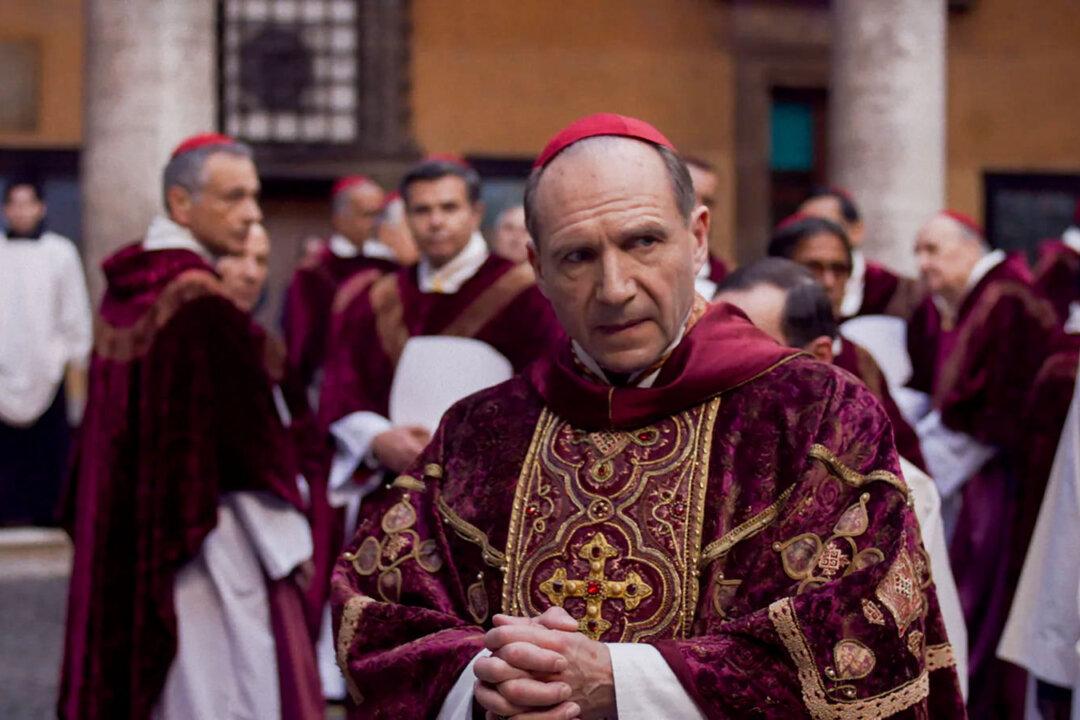PG | 2h | Drama | Oct. 25, 2024
Arriving on the heels of “Heart of a Servant: The Father Flanagan Story”—a documentary about one of the most exemplary Catholic priests who ever lived—comes “Conclave,” a drama-thriller about the partisan politics, power-plays, and pernicious ploys at the heart of picking a new pope.






